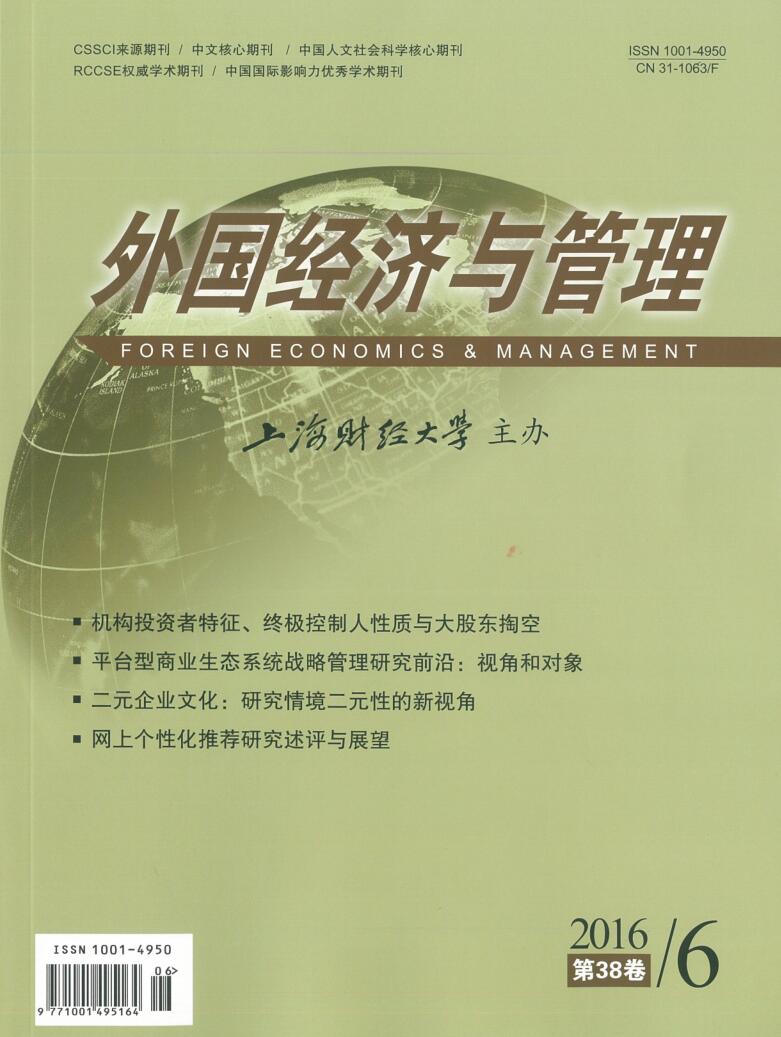Money priming is a concept which is initially derived from psychology experiment. It is used to activate someone's ideas about money through offering some tips on money and thereby study its influence on behavioral decision making. Money priming could be divided into several different types such as reminders of money concept, reminders of a great deal of money and reminders of financial deprivation. A great of environmental factors in our daily consumption activities could play the role of money priming. It reveals that reminders of money concept, reminders of a great deal of money and reminders of financial deprivation lead to the increase in utilitarian consumption, uniqueness consumption and compensatory consumption respectively. Based on mind-set theory, regulatory focus theory and construal level theory, this paper provides an explanation of the psychological mechanism of rational or irrational consumer decisions resulting from money priming, and also useful insights for governments, marketing companies and consumers, and points out the directions in future research.
 / Journals / Foreign Economics & Management
/ Journals / Foreign Economics & ManagementForeign Economics & Management
JIN Yuying, Editor-in-Chief
ZhengChunrong, Vice Executive Editor-in-Chief
YinHuifang HeXiaogang LiuJianguo, Vice Editor-in-Chief
Does Money Priming Make You Rational or Irrational? Money Priming and Consumer Purchase Decisions
Foreign Economics & Management Vol. 38, Issue 06, pp. 100 - 112 (2016) DOI:10.16538/j.cnki.fem.2016.06.007
Abstract
References
Abstract
Cite this article
Li Aimei, Luo Ying, Li Bin. Does Money Priming Make You Rational or Irrational? Money Priming and Consumer Purchase Decisions[J]. Foreign Economics & Management, 2016, 38(6): 100–112.
Export Citations as:
For
ISSUE COVER
RELATED ARTICLES





 8905
8905  10362
10362

